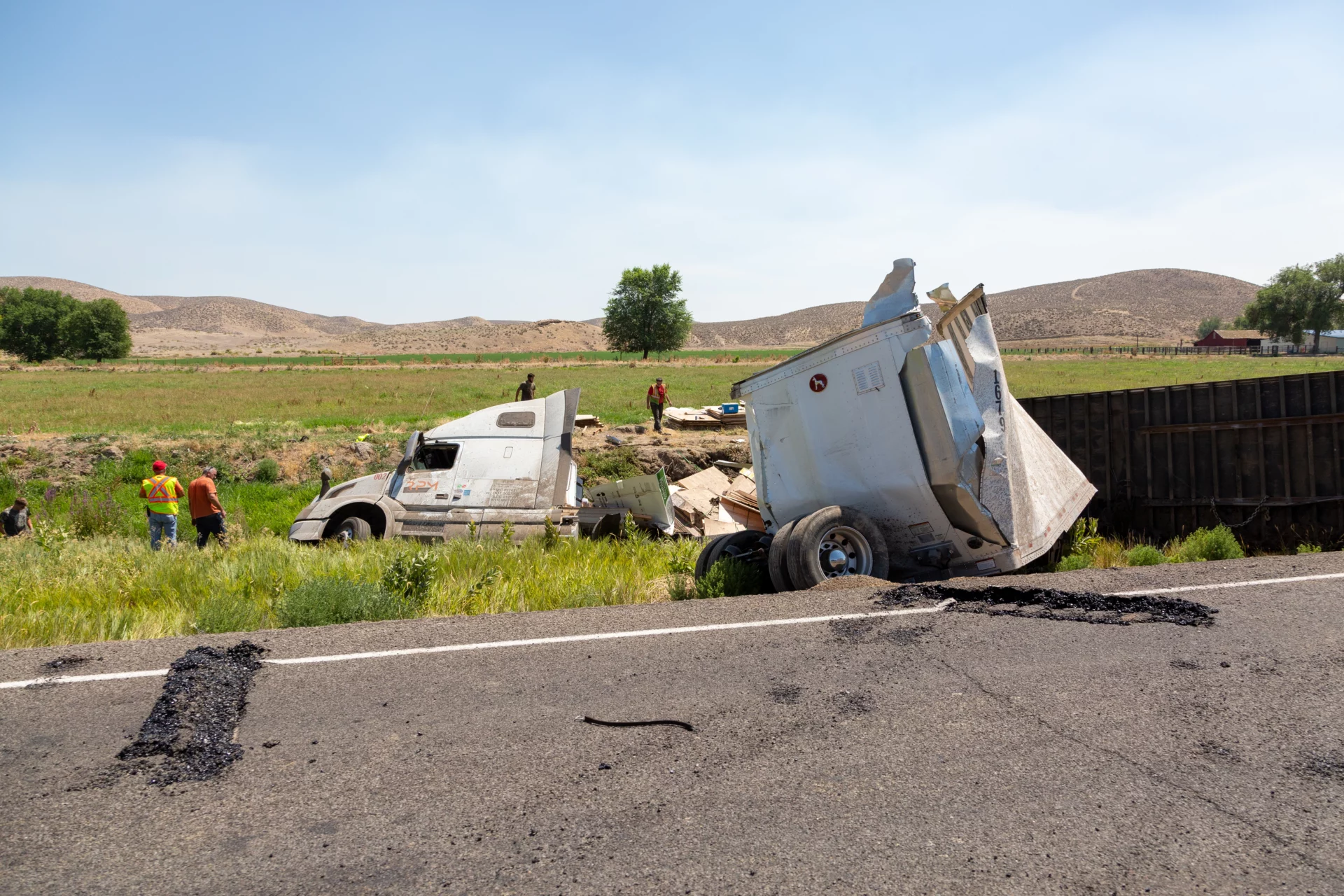Learn Nursing Home Injury Liability to Build a Better Case
When our loved ones get older and need extra care, many of us turn to nurse homes to make sure they get the help they need. But not all nursing homes are created equal. Unfortunately, some homes don’t provide the care we expect, and our loved ones can get hurt or even abused. When that happens, it can be tough to figure out who’s responsible.
That’s why we’re here. As experienced injury lawyers serving New York and New Jersey, we’ve seen our share of nursing home injury and abuse cases. We know how important it is to figure out who’s at fault and hold them accountable. So, in this blog post, we’re going to talk about who might be liable for nursing home injuries or abuse and what you can do to protect your loved ones.
It’s tough to think about, but if you suspect that your loved one has been injured or abused in a nursing home, you need to take action. We’ll give you some tips on how to recognize the signs of abuse or neglect and what you can do to make sure your loved one is safe and gets the care they need. We’re here to help you get justice and compensation if your loved one has been harmed in a nursing home, so let’s get started.
Who Can Be Held Liable in a Nursing Home Abuse Case?
Determining who is liable for nursing home injury or abuse can be a complex process. Liability may fall on one or more parties, depending on the circumstances of the case. Here are some of the parties that may be held liable in a nursing home injury or abuse case:
- The nursing home: The nursing home itself may be held liable for the actions of its employees if the abuse or injury occurred in the course of their employment.
- The nursing home staff: Individual staff members, such as nurses or aides, may be held liable if they directly caused the injury or abuse.
- Third-party contractors: If the nursing home contracted with outside vendors for services such as maintenance or security, those contractors may be held liable if their actions contributed to the injury or abuse.
- Management or ownership: The management or ownership of the nursing home may be held liable if they knew or should have known about the abuse or injury and failed to take appropriate action.
- Medical professionals: If a medical professional, such as a doctor or nurse, caused harm to a resident through medical malpractice, they may be held liable.
- Visitors or other residents: If another resident or a visitor to the nursing home caused harm to a resident, they might be held liable.
Determining liability in a nursing home injury or abuse case requires a thorough investigation of the facts and circumstances. An experienced personal injury lawyer can help you understand your legal options and pursue justice for your loved one.
What Are Signs of Elder Abuse in a Nursing Home?
Elder abuse in a nursing home can take many forms, from physical and emotional abuse to financial exploitation and neglect. Recognizing the signs of elder abuse is crucial for protecting your loved ones and seeking justice if necessary. Here are some common signs of elder abuse in a nursing home:
- Physical abuse: Unexplained bruises, cuts, or other injuries, especially if they occur in patterns or on multiple occasions, may indicate physical abuse. Other signs can include broken bones, sprains, or other unexplained injuries.
- Emotional abuse: Changes in mood or behavior, such as becoming withdrawn, anxious, or fearful, can be signs of emotional abuse. Other signs can include sudden changes in appetite, difficulty sleeping, or unexplained weight loss.
- Sexual abuse: Signs of sexual abuse may include unexplained sexually transmitted infections, bruises or other injuries in the genital area, or torn or bloody undergarments.
- Financial exploitation: Unexplained withdrawals from bank accounts, missing personal items, or sudden changes in wills or other legal documents can be signs of financial exploitation.
- Neglect: Neglect can manifest in many ways, including unclean living conditions, inadequate food or water, untreated medical conditions, or poor personal hygiene.
- Staff behavior: Pay attention to how staff members interact with your loved one. Do they seem dismissive or uncaring? Are they too rough or impatient when providing care?
If you suspect that your loved one is experiencing elder abuse in a nursing home, it’s essential to take action. Contacting a lawyer who specializes in elder abuse cases can help you understand your legal options and get the help you need. Remember, your loved one deserves to be safe and protected, and you have the power to make a difference.
What Types of Damages Are Recoverable in a Nursing Home Abuse Case?
In a nursing home abuse case, damages refer to the compensation awarded to the victim or their family for the harm caused by the abuse or neglect. The types of damages recoverable in a nursing home abuse case may vary depending on the specific circumstances of the case, but generally, the following types of damages can be recovered:
- Medical expenses: This includes compensation for the cost of medical treatment and care related to the abuse or neglect.
- Pain and suffering: This type of damage refers to the physical and emotional pain and suffering caused by abuse or neglect.
- Emotional distress: Emotional distress damages are awarded for the emotional impact of the abuse or neglect, including anxiety, depression, and post-traumatic stress disorder (PTSD).
- Loss of enjoyment of life: If the abuse or neglect caused the victim to lose the ability to enjoy life’s activities, this type of damage might be recoverable.
- Wrongful death: If the abuse or neglect caused the death of the victim, the family might be entitled to damages for wrongful death, including funeral expenses and compensation for the loss of the loved one’s companionship and support.
- Punitive damages: In some cases, punitive damages may be awarded to punish the nursing home for their actions and deter similar behavior in the future.
It’s important to note that every case is unique, and the damages recoverable will depend on the specific facts and circumstances of the case. An experienced nursing home abuse lawyer can help you understand your legal options and pursue the maximum compensation possible for your case.
Learn Who Is Liable for a Nursing Home Injury in New Jersey
Nursing home injury or abuse is a serious issue that can have devastating consequences for your loved ones. Recognizing the signs of abuse and understanding your legal options is crucial for protecting your loved ones and seeking justice if necessary.
If you suspect that your loved one has been a victim of nursing home abuse, contacting an experienced lawyer who specializes in nursing home abuse cases can help you understand your legal options and pursue the justice you deserve. At Kreizer Law, we have a team of dedicated lawyers who are committed to helping families and victims of nursing home abuse get the compensation and justice they deserve.
By working with Kreizer Law, you can rest assured that your case will be handled with compassion, dedication, and expertise. We understand the emotional and financial toll that nursing home abuse can take on families, and we are here to support you every step of the way.
Don’t let your loved one suffer in silence. Contact Kreizer Law today to schedule a consultation and take the first step toward getting the justice you deserve.










